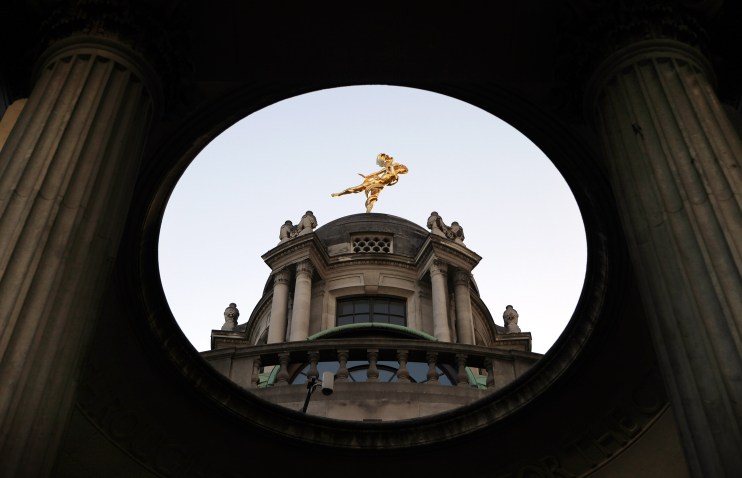When the next crisis hits, fiscal policy alone will not be enough — central banks will need monetary policy too

For three decades, central banks promised us they would take care of the economy. Fiscal policy, we were told, was toothless.
Monetary policy would ensure prosperity.
But central banks have failed to deliver the prosperity they promised. And in an astonishing reversal, they are now calling for fiscal authorities to take the strain.
Monetary policy is all about raising aggregate demand. The idea is that if people have more money, they will spend more on goods and services, and that will encourage businesses to invest more, produce more, employ more, and pay more, setting up a “virtuous circle” of rising employment and growing wages leading to higher consumption spending and more production. There is a danger, of course, that the “virtuous circle” will turn into a damaging inflationary spiral, but central banks have inflation targets, and tools to manage inflation.
The 2008 financial crisis was primarily a shock to aggregate demand: banks stopped lending, people stopped spending, businesses stopped producing, people lost their jobs. So it wasn’t unreasonable for monetary policy to take the strain.
And central banks undoubtedly worked hard. They threw money at banks in the hope that they would lend. They subsidised corporate borrowing on capital markets in the hope that businesses would use it to invest in people and production. They backstopped distressed governments and offset fiscal consolidation programmes with monetary easing. They created money and reduced interest rates on an unprecedented scale. And they did succeed in averting a 1930s-style Depression.
But that is all they achieved. More than a decade later, the western world remains stuck in a stagnant mire. We now know that monetary policy can’t compensate for fiscal austerity that systematically dismantles automatic stabilizers and slashes much-needed investment to the bone.
A decade after the crisis, the harsh fiscal consolidations undertaken by many countries have eroded public asset bases, shredded safety nets, and increased poverty levels even among those in work. It is hardly surprising that their economies remain stagnant.
A chorus of voices is now calling for large-scale government investment to stimulate the supply side and restore lost prosperity. This is long overdue, but I must sound a warning about taking it too far. The hubris of central banks contributed both to the crisis and to the disappointing recovery. Those advocating fiscal policy similarly need to beware of hubris.
Some people have told me that if governments get their policies right, central bank demand stimulus will never be needed. This, I’m afraid, is folly.
Just as storms are natural to our planet’s weather system, so crises are natural to our emergent, chaotic global economic system. There is always a crisis somewhere in the world: we only notice those in our own backyards, but we are in fact affected by every crisis, wherever it occurs.
Government investment programmes make the economy more resilient to crises, but they don’t make it immune to them. Automatic stabilizers dampen swings in GDP and inflation, but a shock can still capsize the economy. And the effects of fiscal policies are themselves uncertain. Fiscal policy is as likely to set up crises as it is to dampen them.
This is, of course, also true of monetary policy. But in a demand shock, monetary policy can act more quickly and effectively to reflate the economy than fiscal policy. And demand shocks are inevitable. There will be another crisis at some point. It is foolish to leave central banks bereft of firepower or render them merely servants of fiscal policy.
Rejecting fiscal policy in favour of monetary policy was a mistake which has cost us. Let us not make the same mistake in the opposite direction.
Frances Coppola will be a speaker at the RADIX conference on monetary policy on 27 November.
Main image credit: Getty